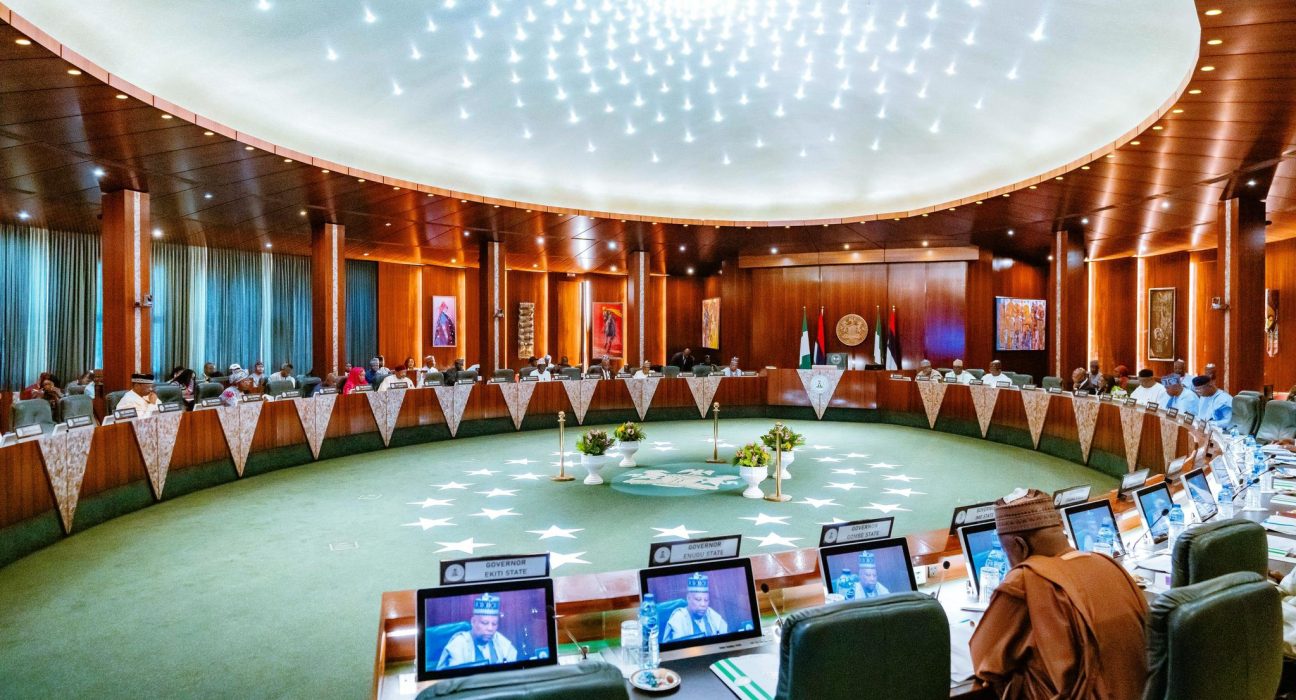The National Economic Council (NEC), chaired by Vice President Kashim Shettima, has unveiled the framework for the Renewed Hope Development Plan (2026–2030), a medium-term economic strategy designed to put Nigeria on the path to a $1 trillion economy by 2030. The announcement came during the council’s 151st meeting held on Thursday, where members commended the Ministry of Budget and Economic Planning for initiating the process and urged active participation from all states and stakeholders to ensure inclusivity and accelerated growth.
The Renewed Hope Plan will succeed the National Development Plan (2021–2025), which is set to expire next year. According to Shettima, the transition is not just a routine policy shift but “a bridge between lessons learned and ambitions pursued.” He explained that the new framework would consolidate ongoing reforms, deepen policy continuity, and align Nigeria’s medium-term strategies with the long-term vision of Nigeria Agenda 2050. This alignment, he stressed, is critical to sustaining the administration’s reform momentum and moving the country toward its trillion-dollar economic target.
A key feature of the new plan is its inclusive and participatory design. Shettima emphasised that it would not be drafted solely by policymakers in Abuja but would instead involve inputs from multiple tiers of government, civil society groups, labour unions, private sector players, youth organisations, and traditional institutions. “What is even more crucial is that this plan will not be drawn from the ivory towers of Abuja alone,” the Vice President said. “We are going to keep engaging state governments, local governments, the organised private sector, civil society, labour, youth, and traditional institutions, and the conversation begins here today.”
In addition to outlining broad economic priorities, the NEC highlighted key sectoral interventions. The Vice President announced that the National Agency for Science and Engineering Infrastructure (NASENI) has scaled up local production of solar-powered irrigation pumps. This measure, he said, is intended to reduce energy costs for farmers, expand dry-season cultivation, and strengthen national food security. “This is the story of the nation’s refusal to be hostage to petrol-powered systems,” Shettima remarked, describing the intervention as a major step towards sustainable agricultural development.
Health also featured prominently in the council’s deliberations. NEC called on the Accountant General of the Federation to fast-track the release of funds for the next round of the national polio immunisation campaign to ensure a smooth exercise. The council further urged partners to leverage technology in strengthening surveillance and tracking systems as part of Nigeria’s broader routine immunisation programme.
Reflecting on the role of the council, Shettima urged members to keep NEC focused on translating policy into tangible results for Nigerians. “This council is not a stage for applause,” he said. “You are the reason it is a workshop for solutions. Let this 151st meeting echo as a continuation of our covenant. Let it be remembered not only for the issues tabled but for the resolve shown. Let it move from chamber to community, from rhetoric to result.”
The Renewed Hope Development Plan is expected to serve as the backbone of the Tinubu administration’s economic vision, ensuring continuity while addressing pressing challenges in energy, agriculture, health, and inclusive governance. Whether the plan achieves its ambitious $1 trillion target will depend largely on how effectively federal, state, and private sector stakeholders collaborate in its implementation.

